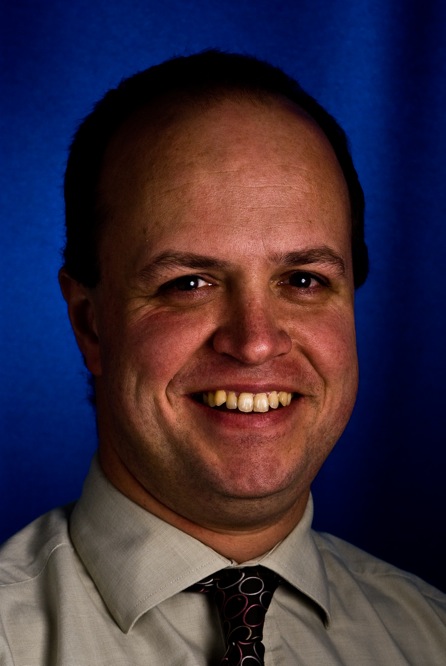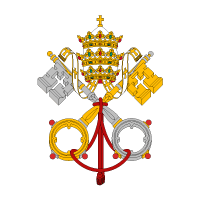There’s an almighty row going on at the moment. It seems distilled into a shouting match between commentators at the Times and the Telegraph, but it is also rumbling in many different parts of the world, most notably in Germany. It is of course the continuing scandal of the way in which the Church has handled child abuse cases around the world.
There are many assertions made of frankly doubtful validity, most notably that the Catholic Church is especially prone to this kind of offence because of priestly celibacy. The shocking evidence of massive abuse in the Swedish care system is surely an indication that matters are somewhat more complex, as there are few Catholics and (I am told) even fewer celibates in the land of Wallander.
However, where - I am sure - the Church is especially vulnerable is in the matter of secrecy. It is well known that abusers were routinely moved from parish to parish, rather than being brought to civil justice, and it especially painful (and shameful) to hear that the Church was generally reluctant to co-operate with civil authorities.
Now, against this background I read repeatedly about a document written by the then Cardinal Ratzinger in 2001. This is, for many, the smoking gun. The letter written in that year to all the Bishops of the world, dealing with a range of issues, stated that cases being investigated by the bishops into clerical abuse of minors must be referred to the Cardinal in Rome. Investigators are reminded of the strict confidentiality of such proceedings.
Many see this “secret document” as proving that Cardinal Ratzinger
wanted to
silence accusations against the Church and its priests and so led this cover up. For these people it is evidence of the conspiracy.
Others - not so many - argue that the then Cardinal was keen on ensuring that abuse allegations were properly investigated.
This worried me, but also puzzled me. We are talking here of a document written in 2001. This was not a time when the secrecy of the Church was being tightened up, but on the contrary when there was definite push for greater accountability and openness. 2001 was the year of the Nolan report. It was a time of rapidly advancing child protection procedures, throughout the Church in England and Wales. Child Protection officers were being appointed in Dioceses and Parishes and we were introducing a process of vetting church workers and clergy - some time before the government’s introduction of the CRB and the renaming of the whole apparatus as ‘Safeguarding’.
And I also remember the way in which allegations came to be treated. Not only were cases taken to the police, but often the reaction of the Church was harsher than that of the civil authorities: I can think of two priests who were suspended after allegations were made. In both cases a police investigation found no case to answer, yet several years later those priests have still not returned to parish ministry.
So, it seems to me, if the smoking gun letter of 2001 was really intended to prevent reporting to the police, then it seems to have been widely and flagrantly disobeyed. And the severe penalty of excommunication, mentioned in the letters also seems, so far as we may know - never to have been imposed.
The document itself appears to be describing ecclesiastical procedures, and the secrecy imposed seems to me at least, to relate to the proceedings of the Church courts. Nowhere do I see a direction that the crimes investigated by the Church may not be reported to the civil authorities, that police investigations should be impeded, nor indeed can I find a claim that the courts of the Church have precedence over the rule of civil law in these kinds of offences.
The Church, or at least many of those in authority, have much to answer for in the culture of secrecy which surrounded these wicked crimes and their perpetrators. But there just isn’t the evidence that this document is the smoking gun many are making it out to be.
 Congratulations to and many prayers for Gary Buckby, who has followed in the steps of such great people as John Henry Newman, and me, to move from the CofE to ordination in Catholic Church.
Congratulations to and many prayers for Gary Buckby, who has followed in the steps of such great people as John Henry Newman, and me, to move from the CofE to ordination in Catholic Church. 
 Bosco Peters, an anglican clergyman in New Zealand, has an amusing
Bosco Peters, an anglican clergyman in New Zealand, has an amusing 


 Well finally the
Well finally the 
